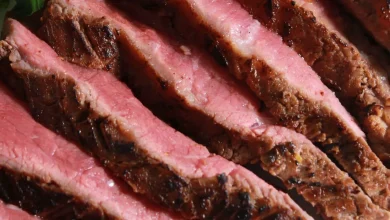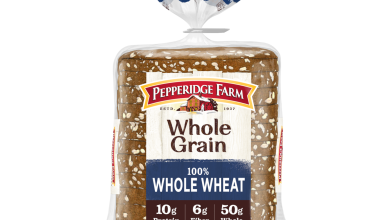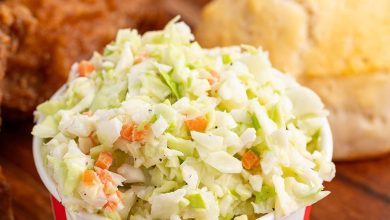Healthy Black-Eyed Peas Recipe: Nutritious, Versatile, and Easy to Cook
Cowpeas (Black-eyed Peas), Immature Seeds, Cooked, Blood Drained, Without Salt
Introduction:
Cowpeas, often known as black-eyed peas, are a nutritious legume that has been a staple in many cultures around the world. These small, round beans with their signature dark eye are not only a source of plant-based protein but also packed with essential vitamins, minerals, and fiber. When cooked and drained of excess blood (or residual water), they offer a light yet hearty addition to a variety of meals, whether served as a side dish, incorporated into soups, or used in salads. With their mild flavor and tender texture, cowpeas can easily be paired with a variety of other ingredients, making them an incredibly versatile pantry staple.
Nutritional Information (per 100g serving)
| Nutrient | Amount |
|---|---|
| Energy | 97 kcal |
| Protein | 3.17 g |
| Fat | 0.38 g |
| Saturated Fats | 0.096 g |
| Carbohydrates | 20.32 g |
| Fiber | 5.0 g |
| Sugar | 3.23 g |
| Calcium | 128 mg |
| Iron | 1.12 mg |
| Magnesium | 52 mg |
| Phosphorus | 51 mg |
| Potassium | 418 mg |
| Sodium | 4 mg |
| Zinc | 1.03 mg |
| Copper | 0.133 mcg |
| Manganese | 0.572 mg |
| Selenium | 2.5 mcg |
| Vitamin C | 2.2 mg |
| Thiamin (Vitamin B1) | 0.101 mg |
| Riboflavin (Vitamin B2) | 0.148 mg |
| Niacin (Vitamin B3) | 1.403 mg |
| Vitamin B6 | 0.065 mg |
| Folate | 127 mcg |
| Vitamin B12 | 0 mcg |
| Vitamin A | 40 mcg |
| Vitamin E | 0.22 mg |
| Vitamin D2 | 0 mcg |
Allergen Information:
Cowpeas, like other legumes, are naturally free of common allergens such as gluten, dairy, and nuts. However, individuals with specific sensitivities to legumes (such as soy) should exercise caution. Additionally, because cowpeas are often processed in facilities that handle various other ingredients, cross-contamination with allergens like peanuts or tree nuts could be a risk for those with severe allergies.
Dietary Preferences:
Cowpeas are an excellent choice for those following a variety of dietary plans:
- Vegetarian & Vegan: Naturally plant-based, these peas are an ideal protein source for meat-free diets.
- Gluten-Free: This legume is naturally free from gluten, making it suitable for those with gluten sensitivities or celiac disease.
- High-Fiber: With 5 grams of fiber per 100 grams, cowpeas are a great option for those seeking to increase their fiber intake.
- Low in Saturated Fats: With only 0.096g of saturated fats, these peas fit well into a heart-healthy diet.
Cooking Tips & Advice:
Cowpeas are incredibly easy to cook and pair well with a variety of ingredients. If you are cooking dried black-eyed peas, it’s essential to soak them beforehand to reduce cooking time. Once soaked, they can be simmered in water or broth until tender—usually around 30 minutes, depending on the cooking method and pea variety.
For those on the go, canned cowpeas can be a convenient alternative, though they should be drained and rinsed to remove any excess sodium or preservatives.
Here are some tasty ways to incorporate cowpeas into your meals:
- Salads: Toss them in a fresh salad for an extra dose of protein and texture.
- Soups & Stews: Use them as a hearty base for a vegetable or legume stew.
- Side Dishes: Serve them alongside your favorite roasted vegetables or grains.
- Curries & Salsas: Add them to a spicy curry or make a refreshing salsa with tomatoes and cilantro.
Conclusion:
Cowpeas (black-eyed peas) are a fantastic addition to any kitchen. Their nutritional profile makes them a beneficial ingredient for a variety of diets, offering a substantial amount of protein, fiber, and essential minerals. Whether you’re looking for a quick and easy side dish, a healthy addition to salads, or a comforting base for soups, these legumes are sure to enhance any meal.








